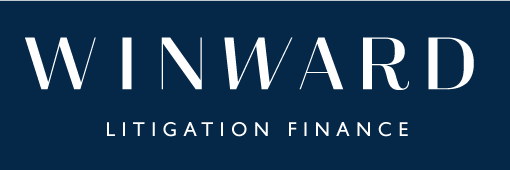Sandra Bailey & Ors v Glaxosmithkline UK Ltd [2017] EWHC 3195
In very long running Consumer Protection Act proceedings concerning the anti-depressant drug Seroxat, GSK issued an application for security for costs against the claimants’ litigation funder, Managed Legal Solutions (MLS). MLS was therefore joined to the proceedings for the purposes of responding to the application. Security was sought from 1 August 2015 up to trial, estimated at c £6.8m. GSK’s concern was that MLS would not ultimately be able to pay the adverse costs if it were joined as a party after an unsuccessful trial. MLS was not a member of ALF, and was a somewhat unusual funder since its sole shareholder had been previously sentenced to 8 years’ imprisonment for dishonesty. There was also no dispute that MLS was balance sheet insolvent and would need to borrow to provide any security ordered. The claimants held very limited ATE cover and the Court recognised, referring to Premier Motorauctions, that an appropriately framed ATE insurance policy can in theory be an answer to an application for security. Equally, a defendant would be "entitled to some assurance as to the scope of the [ATE] cover [and] that it was not liable to be avoided for misrepresentation or non-disclosure". MLS advanced the view that any security should be limited to the amount of funding that it had advanced which was £1.2m. It requested a cross-undertaking in respect of that sum. GSK’s position was that this case was not about Arkin and applying the cap would lead to substantial injustice in this case. With this background, it was inevitable that security would be ordered. In the judgment, the Court accepted that it was possible to disapply the Arkin cap – but that the issue of the cap was just one issue to consider in the mix.
In the event, after considering the arguments as to the avoidance of the ATE policy together with the budget of GSK, the Court order MLS to provide £1.75m as security. A cross-undertaking was ordered, although the Court did not consider it likely that MLS could legitimately claim any losses attributable to giving security.
The case is again authority for the proposition that funders can expect to have to provide security in appropriate cases – this case was particularly difficult for the funder which appeared to be of straw. It is perhaps less likely that a well-capitalised funder would have faced this type of an application, but it is a weapon in the armoury of the defendant, and is regularly utilised.
